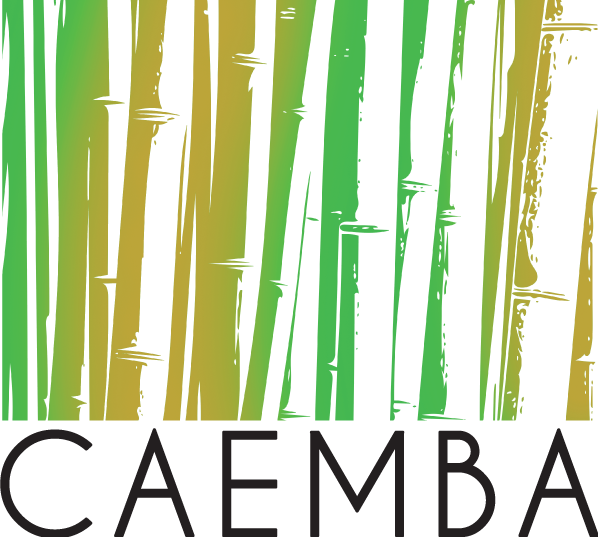In a week filled with learning and collaboration, Civil Engineering students from the National Polytechnic School immersed themselves in the world of sustainable bamboo construction, thanks to the training provided by the Raíz Ecuador Foundation. The event, which took place from October 23 to 27, 2023, left a lasting impression on all participants. The training was conducted at the facilities of the Raíz Ecuador Foundation and was targeted towards Civil Engineering students from the National Polytechnic School in their 7th and 8th semesters, respectively.
One of the highlights of this training was the leadership of Engineer Nicolay Yanchapanta, who guided the students to actively participate. The experience and passion for sustainable construction from our training staff left a profound impression on the participants, inspiring them to embrace innovation and creativity in their future careers.
In addition to the knowledge gained, the Raíz Ecuador Foundation acknowledged the effort and commitment of the students by awarding them a certificate of participation for the 40 hours of work completed during the training. This certificate serves as a tangible testimony of their dedication and a valuable asset in their future resumes.
What makes this training even more valuable is the understanding that bamboo shelter construction is not only sustainable but also an effective and affordable emergency solution. In times of crisis, the ability to build shelters immediately with specialized technical knowledge is essential. Bamboo shelters represent an environmentally friendly option that can be quickly deployed, providing crucial relief to communities affected by natural disasters or other emergencies.
“The Raíz Ecuador Foundation” expresses gratitude to the students of the National Polytechnic School for their commitment to conducting this training and, at the same time, extends a warm invitation to other universities and schools to join this sustainable construction initiative. Collaboration between institutions has been essential in fostering hands-on learning and advancement in construction in Ecuador.






